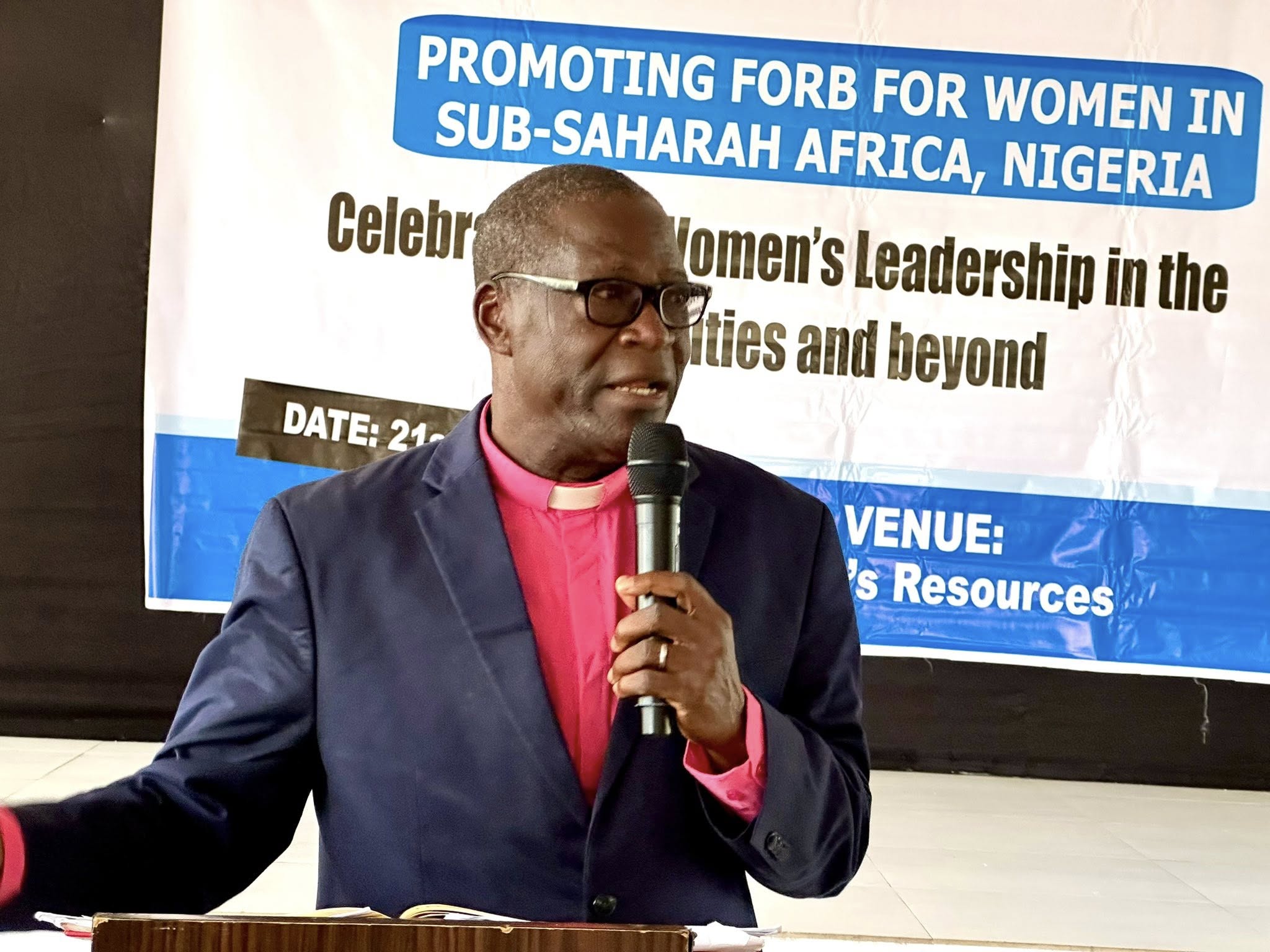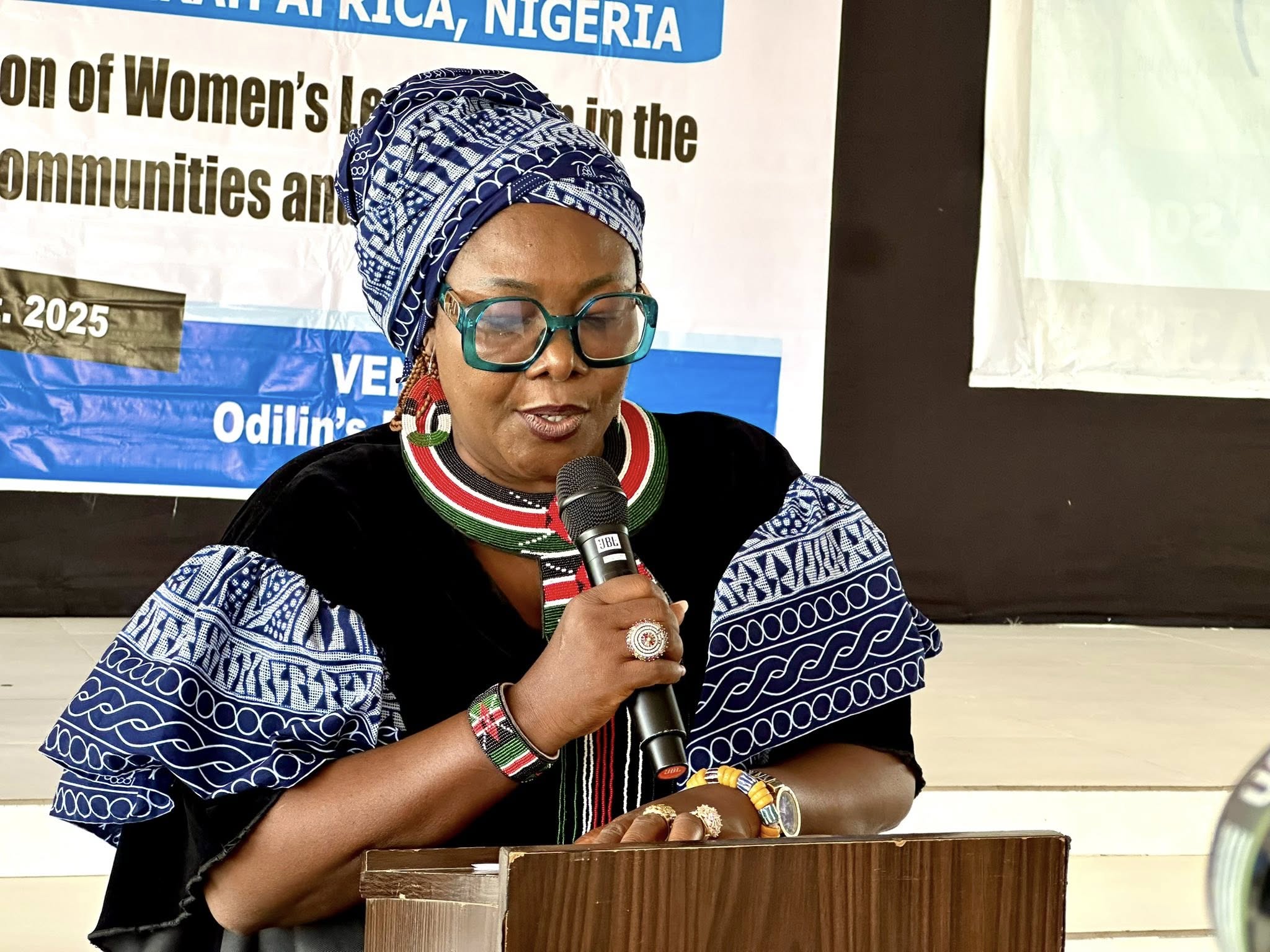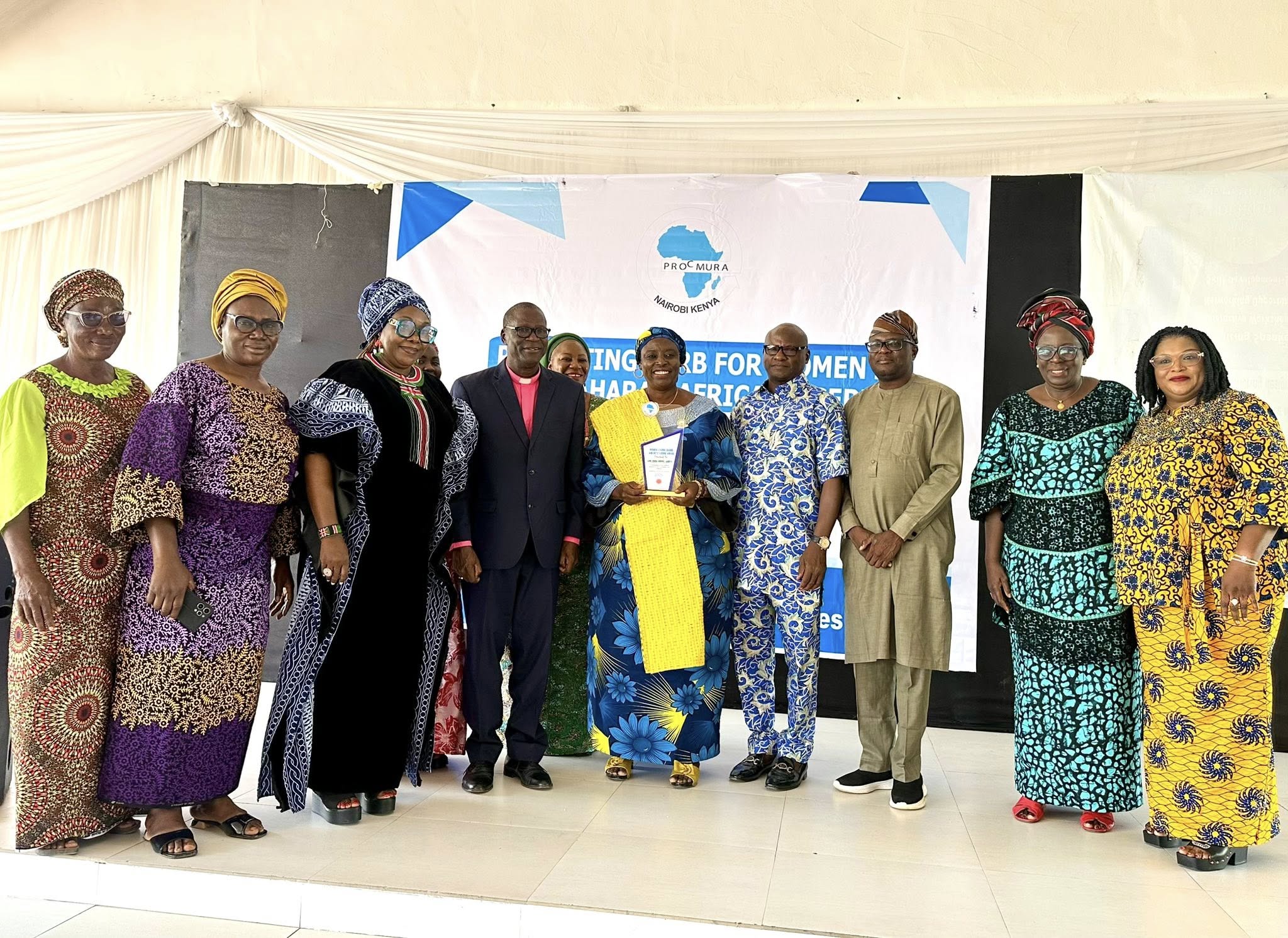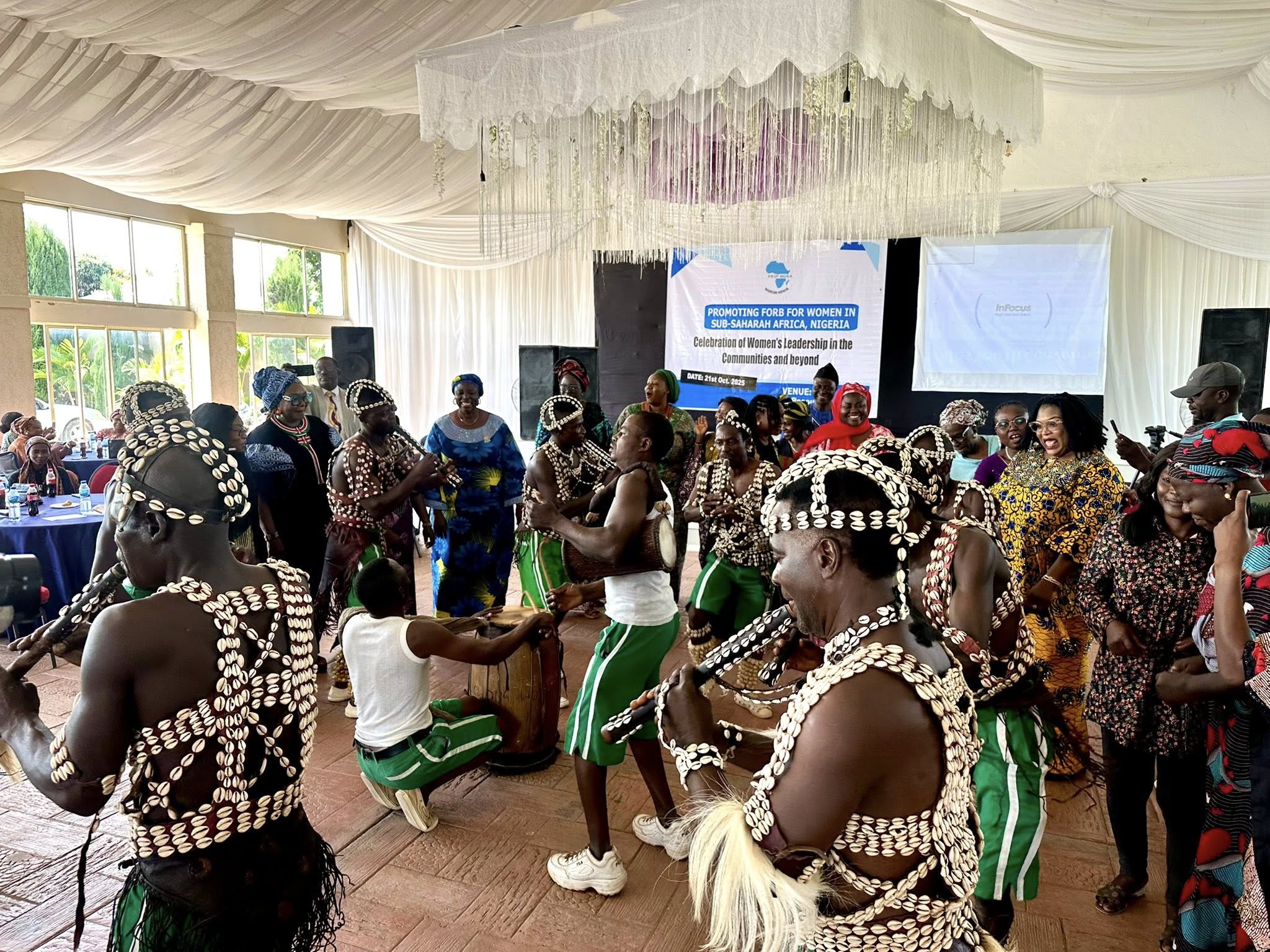PROCMURA Honours Women Champions Advocating for Religious Freedom in Nigeria
- By PROCMURA
- Events
- Hits: 340
Africa has been described as a religious continent, and it indeed is. Religion is one of the most influential forces shaping life across the continent, with over 90 per cent of the population identifying with a faith or religious community. Religion, in Africa, influences values, decisions, and community life. However, while faith remains a unifying force for many, it can also serve as a source of exclusion and be manipulated as a tool of division, especially for women, as it has been proven over time in Nigeria. Reports by the United Nations and local rights organisations show that women often encounter unique challenges in exercising their freedom of religion or belief, including forced conversions, early marriages, and discrimination in religious settings.
It is in this context that the Programme for Christian and Muslim Relations in Africa (PROCMURA) hosted a colourful and inspiring event in Jos, Plateau State, on 21 October 2025 to honour women who are leading the way in promoting religious freedom, peace, and inclusivity across Plateau and Kaduna States, and across the expansive West African country. The event, titled Celebration of Women’s Leadership, brought together faith leaders, traditional rulers, government officials, and community advocates.
For over 65 years, PROCMURA has been at the centre of building constructive, mutually beneficial relations among people of various backgrounds, with a keen focus on the Christian and Muslim communities, for sustainable peace, peaceful coexistence, and development across Africa. During the event in Nigeria, Bishop Dr. Nathan Swamini, PROCMURA’s General Adviser, reflected on Nigeria’s progress in interfaith relations. He noted that where there was once very high suspicion and hostility between religious communities, people are now sharing meals, working together, and building trust. His remarks captured how far religious communities have come in learning how to live together with respect and understanding despite their differences, which should actually be celebrated.

The General Adviser of PROCMURA, Bishop Dr. Nathan Samwini, addressing the gathering.
The celebration was not simply a ceremony. It represented a larger PROCMURA’s initiative under the Freedom of Religion or Belief, which has been transforming communities through interactive platforms and workshops held across sub-Saharan Africa. This time round, the focus was in Jos North, Bassa, and Kuru in Plateau State, and in Sabon Tasha, Chikun, and Kaduna South in Kaduna State. Through these efforts, PROCMURA has created safe spaces where women lead conversations on peace, reconciliation, and inclusion. Women who were once excluded from decision-making are now helping to shape community attitudes and behaviour and inspire others to pursue peaceful coexistence.
Elder Ambassador Justina Mike Ngwobia, PROCMURA’s Coordinator for Promoting Freedom of Religion or Belief (FoRB) for Women in Sub-Saharan Africa (Nigeria), used the platform to highlight ongoing injustices affecting women’s religious freedoms. She pointed out forced marriages, denial of worship rights, and harmful cultural practices that silence women. She explained that these are not abstract violations but daily realities that demand collective action. Her message was clear: that true religious freedom must include women and protect their right to believe, speak, and lead.

Elder Ambassador Justina Mike Ngwobia making her remarks during the celebration.
The evening also recognised exceptional women leaders whose dedication to interfaith collaboration and cooperation continues to inspire change in their respective communities. Among those honoured were Hajia Hamza Sumaye, the newly appointed National Amira of the FoRB Women Network, and Dr. Rhoda Soya, General Secretary of the Christian Association of Nigeria. Both were praised for their commitment to fostering understanding and cooperation between faith communities in Nigeria.

A section of the women with the General Adviser of PROCMURA, Bishop Dr. Nathan Samwini.
Cultural performances, staged by traditional dancers from the region, brought colour and depth to the celebration, highlighting the rich heritage of the Plateau and Kaduna communities. The dances, songs, and traditional attire reminded participants that peace is not only a spiritual value but also a cultural one, rooted in shared identity and mutual respect.

Some of the guests join the traditional dancers on the dancing floor during the celebrations.
The National Orientation Agency, represented by State Director Kaneng Tabitha Pam Hworo, delivered a message promoting collaboration between civil society and government. She emphasised that peace starts with an individual's decision to treat others with dignity, regardless of faith or background.
Nigeria’s diversity makes it a vital focus for PROCMURA’s work across the continent. The progress achieved there has the potential to inspire similar change across West Africa. By supporting women to lead interfaith conversations, PROCMURA is building a strong movement that challenges intolerance and advocates for equality at every level of society, especially from a religious angle.
The results of these PROCMURA’s FoRB initiatives across Sub-Saharan Africa are already visible. Women who once feared speaking in public are now facilitating interfaith forums and standing out as courageous ambassadors of religious freedom in their communities. Men and women are engaging in open discussions that reduce suspicion and tension. Young people are also learning to see faith as a foundation for peace rather than a source of conflict. These small but powerful changes are reshaping communities and creating a new story of hope.
The Celebration of Women’s Leadership in Jos was a recognition of achievement and a call to action to keep the momentum alive. It affirmed PROCMURA’s long-standing belief that peace thrives when open conversations on religious freedom and safe spaces, particularly for women in our society, become part of our daily life, and it becomes even more evident when women are trusted to lead.

